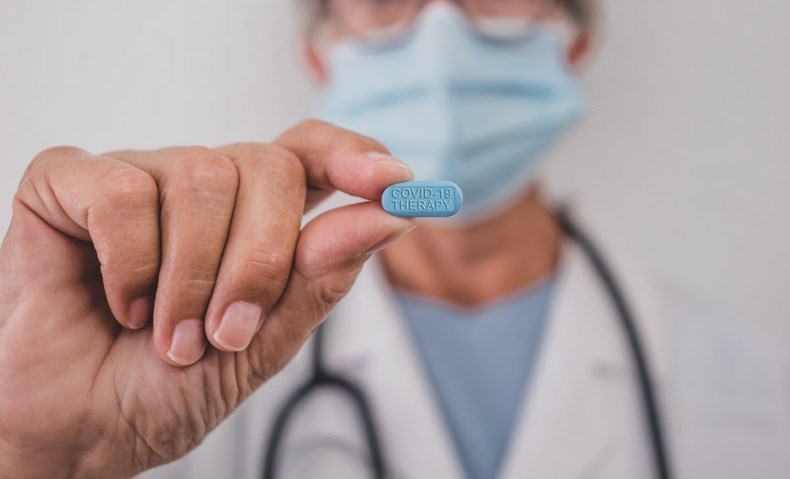Azvudine, China's COVID-19 pill, has been delivered to various regions
A Chinese-developed drug is being used to treat the pandemic.
-

Azvudine, China's COVID-19 pill, has been delivered to various regions
COVID-19 treatment Azvudine, which has been developed by China, has been delivered to a number of regions hit by the pandemic, including Henan in Central China, South China's Hainan, and Northwest China's Xinjiang, according to the company.
On Friday, experts explained how small-molecule drugs against viruses are effectively used in curbing the virus and should be widely promoted in the long run although Beijing persists in dealing with COVID-19 with a zero-COVID strategy, using prompt prevention and control measures to contain the spread.
On Thursday, the country registered 648 local cases, including 595 in Hainan, in addition to 1,203 asymptomatic carriers, including 614 in Hainan, 410 in Xinjiang, and 20 in Xizang in Southwest China, according to the National Health Commission.
Read more: Cities in Eastern China tighten Covid curbs as new clusters erupt
Hainan alone as of 12 pm on Friday has reported 5,154 cases, according to Friday's press briefing. The province has built makeshift hospitals containing about 9,000 beds, with 11,000 medical staffers from 19 provinces and cities. About 197 million tubes of nucleic acid tests are sampled every day, according to the authorities.
Each bottle of Azvudine costs about 270 yuan ($40), each containing 35 pills, according to a statement by Fosun Pharma, the medicine's manufacturer. Medical insurance can cover the drug only temporarily.
The pill would be the first small-molecule antiviral drug to be approved by China to treat COVID-19. The drug has completely independent intellectual property rights, while it can inhibit the activity of the COVID-19 virus, as said in the statement.
In February, the National Medical Products Administration granted conditional approval for the imports of Pfizer's Paxlovid COVID-19 pill. A box of Pfizer's pills is priced at 2,300 yuan per box, with each box containing 35 pills, sufficing for a 5-day treatment plan. The drug is covered by medical insurance.
According to Lu Hongzhou, the head of the Third People's Hospital of Shenzhen, both drugs are "effective" in treating the virus, explaining that their treatment targets are "different."
In the long term, according to Lu, in addition to regular epidemic prevention and control, research will be focused on the development of effective nasal spray vaccines and small-molecule antiviral drugs.
Read more: New Chinese COVID-19 drug approved

 3 Min Read
3 Min Read








